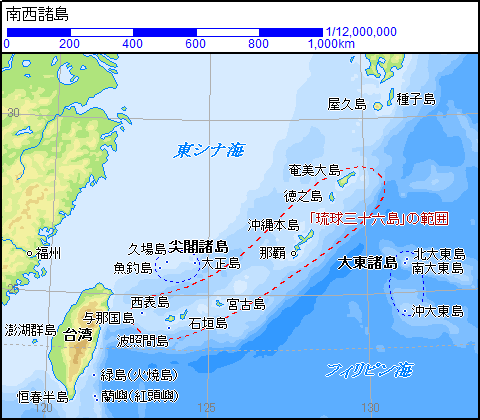Patriotic Nobel Prize Winner
Mr. Shinya Yamanaka of Japan won the Nobel Prize for his iPS study this year.
But he was not a blessed medical doctor.
After graduation from Kobe University, he first worked as a surgeon but could not make great progress in his skill. So, Mr. Yamanaka changed his career to medical research. Then he went to the US to advance his study.
After returning to Japan, he started to tackle some biological issue in a university in Osaka. But he was not regraded as a promising doctor. He received very limited budget for his study. There were no assistants in his laboratory.
He even asked his wife and daughter to go to an airport to receive lab mice some US laboratory sent to him. He was busy taking care of rats in his laboratory alone. He was really depressed about his circumstances finally.
So, he decided to abandon his medical study. He thought to go back to a hospital and diagnose patients. To fix his mind he planned to buy a house. As a new hose cost much, he thought he could be determined to work as a clinician and make more money. But, one night his mother saw her late husband in dream at night; he said to her not to have his son buy a new house. So, following this advice from his late father who had been glad to see his son become a medical doctor in his dying bed some years before, Mr. Yamanaka abandoned the idea of ending the career in research.
He then applied for a position as assistant professor in a university in Nara Prefecture, south of Kyoto. At the time he held a new subject of study: Make a master cell from a skin cell.
Then Mr. Yamanaka could make great progress. Finally he was rewarded the Nobel Prize to "for the discovery that mature cells can be reprogrammed to become pluripotent." He could show his iPS cells were "pluripotent, i.e. capable of generating all cell lineages of the body."
One cell on the skin of a man can be engineered to became a primary cell that can develop again to become any organ or part of his body, according to his discovery.
So, if Mr. Yamaka had bought a new house, his discovery would not have been realized.
Today, Mr. Yamanaka is invited by many foreign universities that offer to him a big salary and better environment for his research. But he is not going to leave Japan. Then his late father might help him again even in dream at night.
*** *** *** ***
Mat 10:12 And when ye come into an house, salute it.
Mat 10:13 And if the house be worthy, let your peace come upon it: but if it be not worthy, let your peace return to you.
*** *** *** ***
Mat 10:12 And when ye come into an house, salute it.
Mat 10:13 And if the house be worthy, let your peace come upon it: but if it be not worthy, let your peace return to you.




